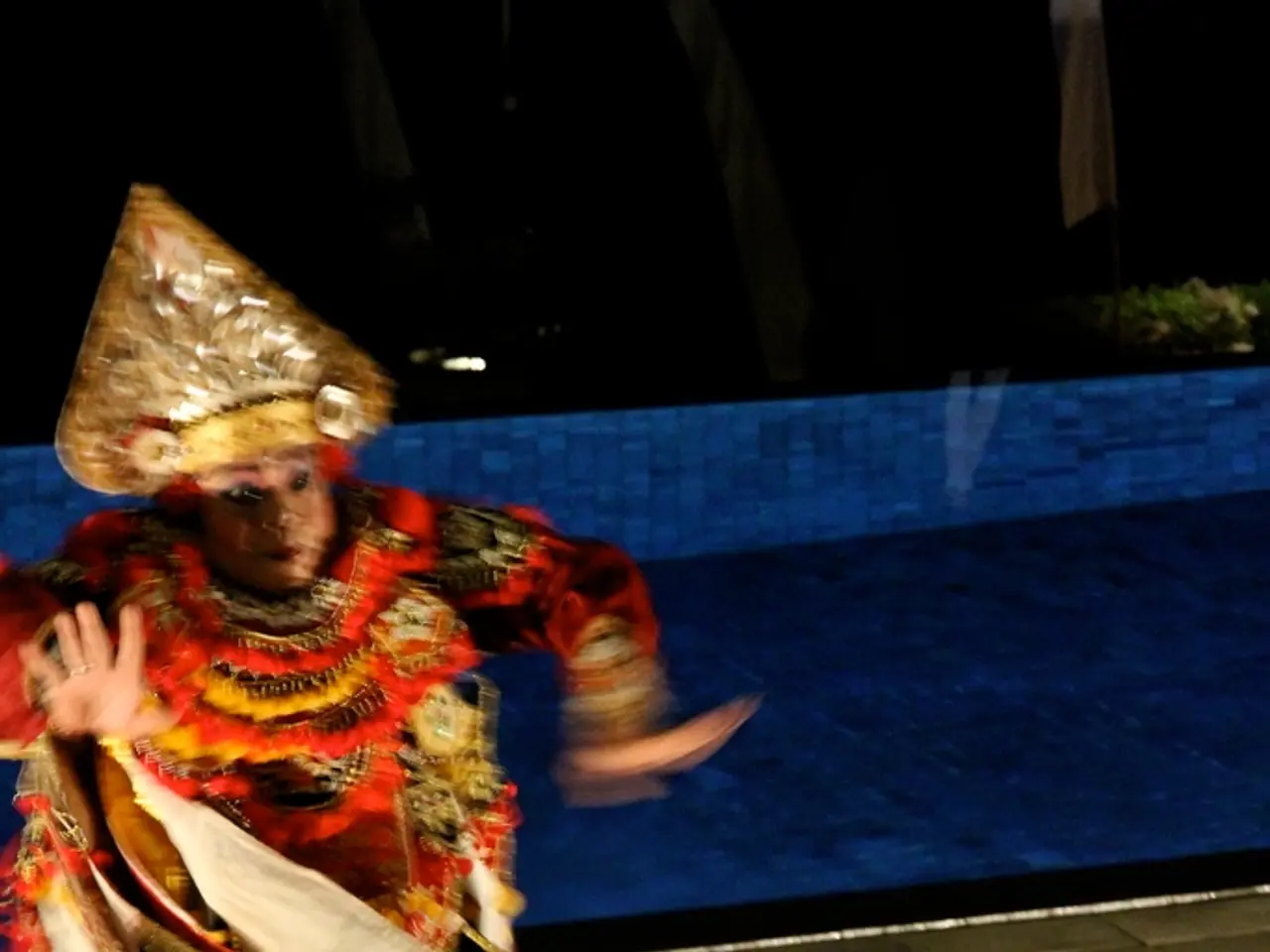Duncan claims Trump's assaults have provided solid justification for his party change from Republican to Democratic: 'He's strengthening my argument for me'
Former Georgia Lt. Gov. Geoff Duncan Switches to Democratic Party
Former Georgia Lt. Gov. Geoff Duncan, a prominent figure in the Republican Party for over a decade, has officially switched parties and joined the Democratic Party in August 2025 [1][2][3]. This change comes after years of ideological conflict with the GOP, culminating in his public break and subsequent expulsion from the Republican Party earlier in the year [1][2][3][4].
Duncan's political evolution followed a growing divide with the GOP, particularly over Donald Trump's false claims about the 2020 presidential election results. Duncan publicly rejected these claims, which put him at odds with the party's Trump-aligned leadership in Georgia. His clashes with the GOP also revolved around key policy areas, including health care, gun safety, immigration, and social programs, which he stated conflicted with his moral values [1][2][3][4].
After deciding not to seek a second term as lieutenant governor in 2021, Duncan co-founded GOP 2.0, a group aiming to reform the Republican Party post-Trump's first term. However, this effort did not reconcile his differences with the GOP's direction. In January 2025, the Georgia GOP formally expelled him and urged media to refer to him derogatorily for his endorsements of President Biden and Vice President Harris, as well as his criticisms of the Republican Party [1][4].
Duncan's party switch was publicly announced in an op-ed in The Atlanta Journal-Constitution and covered extensively by media. He framed his decision as a personal and moral one, emphasizing his "daily struggle to love my neighbor" as a Republican, which led to embracing the Democratic Party to align better with his values and policy views [2][3][5].
Since joining the Democratic Party, Duncan has spoken at Democratic events, such as the 2024 Democratic National Convention supporting Kamala Harris and campaigned to persuade Republicans not to support Donald Trump in 2024. Although he has not announced plans to run for office as a Democrat, he remains politically active and has engaged in discussions about potential Democratic candidacies [2][3].
In a recent development, Duncan is reportedly considering a 2026 run for governor of Georgia [6]. This potential move would mark a significant step in his political career and further highlight the ongoing realignment within Georgia's political landscape.
References
- Atlanta Journal-Constitution
- NBC News
- Politico
- Associated Press
- CNN
- The Hill
Note: This article is generated by a language model and may contain minor errors or inconsistencies. Please verify the facts before using them in any formal context.
- Duncan's move to the Democratic Party could shake up the balance of political opinion in Georgia, a state known for its deep historical roots in Republican politics.
- In the realm of education-and-self-development, Duncan's journey serves as a testament to personal-growth and the power of standing by one's convictions, even in the face of adversity.
- The migration within Georgia politics is not limited to individuals; many voters are reassessing their allegiances, swayed by the new ideological tides.
- The health implications of policy-and-legislation are crucial as we move forward in a diverse political landscape, where collaboration and compromise may be key.
- Mindfulness in political discourse can help mitigate the escalation of war-and-conflicts, as Duncan's move demonstrates that a change of heart is possible, even for those deeply entrenched in party politics.
- Productivity and career-development will likely benefit from the influx of fresh ideas and perspectives brought by Duncan and others like him in the Democratic Party.
- Duncan's decision to change parties might open doors for policy changes on critical issues like immigration, as he advocated for sensible approaches that were often at odds with the Republican stance.
- The shift in Duncan's stance on policy areas could impact general-news coverage, as media emphasizes the need for balanced reporting and inclusivity in political discourse.
- The evolving political landscape might also affect crime-and-justice policies, with a potential focus on rehabilitation and education instead of punitive measures.
- The rise of accidents, fires, and other unexpected incidents serves as a reminder that implementing effective goal-setting and skills-training can improve public safety and emergency response.
- Duncan's former interest in car-accidents might lead him to champion road safety and improve transportation infrastructure as a Democrat.
- As the sports world remains captivated by the excitement of football, discussions on sports-betting, American football (NFL and NCAAs) and even lesser-known sports could become more prevalent during political discussions, reflecting the wide-ranging interests of modern politicians.




